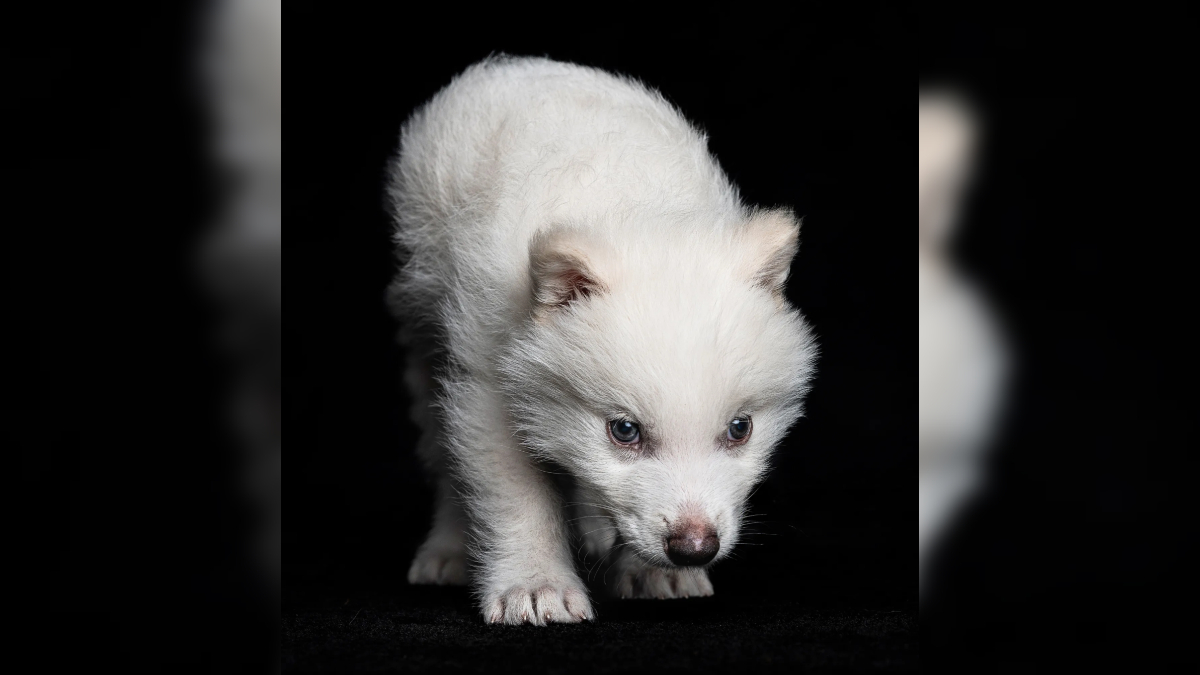Three genetically engineered wolf pups, created to resemble the long-extinct dire wolf, are now alive and thriving in a secured location in the United States, according to Colossal Biosciences—a Texas-based company aiming to bring back extinct species.
The pups, now three to six months old, reportedly exhibit characteristics of dire wolves, including thick white fur, powerful jaws, and a body weight of around 80 pounds, with the potential to grow up to 140 pounds.
“This massive milestone is the first of many coming examples demonstrating that our end-to-end de-extinction technology stack works,” said Ben Lamm, Colossal’s co-founder and CEO.
The wolves live on a tightly guarded 2,000-acre site surrounded by zoo-grade fencing and monitored through drones, live surveillance, and round-the-clock security. Colossal says the facility is registered with the U.S. Department of Agriculture and certified by the American Humane Society.
Colossal had previously kept its dire wolf project under wraps. However, the company has been publicly working on reviving the woolly mammoth, dodo, and Tasmanian tiger since 2021.
To recreate dire wolf traits, scientists analyzed ancient DNA from fossils, including a 72,000-year-old skull fragment found in Idaho and a 13,000-year-old tooth unearthed in Ohio. With that information, researchers used CRISPR gene-editing technology to modify blood cells from a modern gray wolf in 20 locations, transferring the altered DNA into dog egg cells.
The embryos were implanted into domestic dogs, which gave birth to the modified pups after a 62-day gestation.
While critics argue that re-creating extinct animals remains a scientific gray area, U.S. Interior Secretary Doug Burgum praised the achievement on X (formerly Twitter), calling it a “thrilling new era of scientific wonder.”






